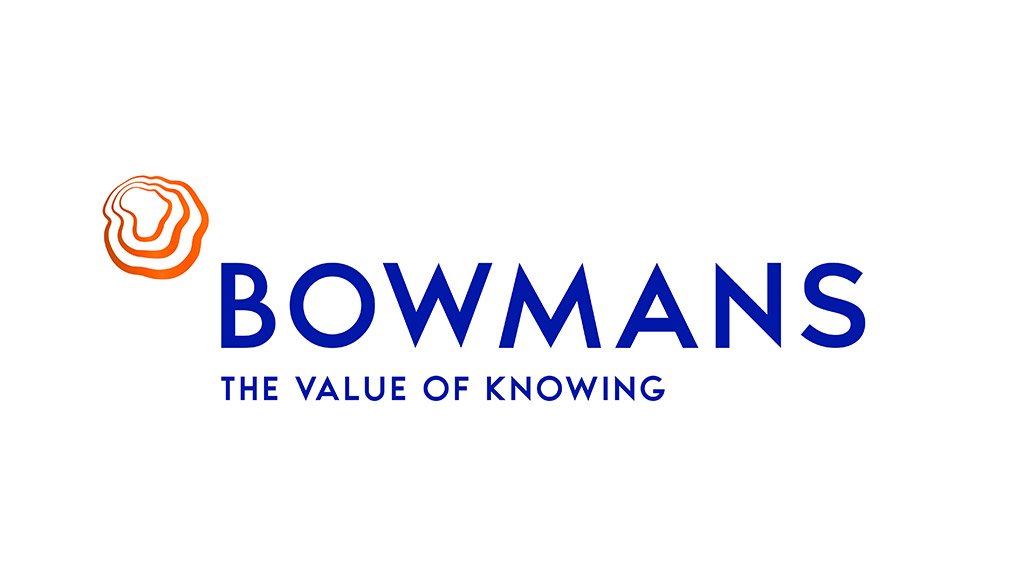Time is of the essence when dealing with labour disputes and litigants should be mindful that they need to treat these disputes with urgency.
The Labour Court in Johannesburg has recently implemented a pre-enrolment practice which fast-tracks the allocation of hearing dates to longstanding matters on the court roll. This is in addition to other measures that the Court has adopted in order to address the backlog in review applications due to the systemic delays in the resolution of labour disputes.
Whereas the 2013 Practice Manual for the Labour Court requires an applicant in a review application to file all papers within 12 months from the launch of the application, the 2014 amendments to section 145 of the Labour Relations Act (LRA), effectively halves that time period and requires an applicant to apply for a hearing date within six months of launching a review application.
Therefore, it is not surprising that when the Court was called upon to determine whether condonation should be granted in the case of Makuse v Commission for Conciliation, Mediation and Arbitration and others (2015), it highlighted and confirmed the Labour Appeal Court’s position (in Queenstown Fuel Distributors v Labuschagne NO and Others) that applications for condonation in the context of individual dismissals should be subject to strict scrutiny and principles of condonation should be applied on a much stricter basis.
The need for such a strict test is to give effect to the primary object of the LRA, which is to ensure the effective and expeditious resolution of labour disputes. Our courts have recognised that review applications are by their nature urgent applications and a delay in resolving the dispute is detrimental not only to employees (who would be without a source of income pending the determination of the dispute) but to employers who may have to reinstate the employees after a number of years. A strict test also supports the principle of finality in litigation where a successful party can feel secure with the outcome of the adjudications process.
In Makuse, the court noted that condonation for delays in all labour law disputes are simply not there for the taking. In assessing whether or not to grant an application for condonation our courts conduct an enquiry into, inter alia, the reason for the delay and the applicant’s prospects of success in the review application.
When launching a review application, applicants must be mindful of the statutory six week standard in section 145 of the LRA. If an application is brought outside this time, the applicant must provide a reasonable and compelling explanation for the delay. Such explanation is a condition precedent to the court enquiring into the prospects of success which are considered to be immaterial in the absence of a reasonable and compelling explanation.
Thus, once the court in Makuse found that the applicant was guilty of a flagrant and gross failure to comply with the prescribed time periods, it dismissed both the application for condonation and the review application with costs. This should set off alarm bells for applicants who have been dilatory in prosecuting their review applications. Applicants should take heed that they cannot reasonably expect to escape paying the costs if they bring a review application way out of time and condonation is refused.
Written by Rovina Asray, Senior Associate, Employment and Benefits, Bowmans
EMAIL THIS ARTICLE SAVE THIS ARTICLE ARTICLE ENQUIRY
To subscribe email subscriptions@creamermedia.co.za or click here
To advertise email advertising@creamermedia.co.za or click here











